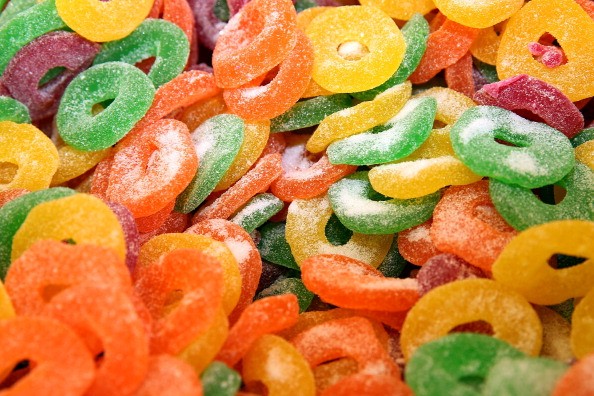
Here's how to raise healthy children: cut back on the amount of sugar they are consuming.
In a study by California researchers, obese children who cut back on sugar intake can reduce the signs of metabolic syndromes within 10 days regardless of how much calories they're eating.
Metabolic syndrome refers to a cluster of symptoms that include increased blood pressure, cholesterol, and blood sugar. It is strongly linked to obesity and is often associated with increased risks of certain cancers, type 2 diabetes, and cardiovascular disorders, which may appear among children.
According to Centers for Disease Control and Prevention (CDC), the rate of childhood obesity has already increased up to 4 times among teens and 2 times among children over the last 30 years. Meanwhile, at least 5,000 teens had been diagnosed with type 2 diabetes from 2008 to 2009.
Many studies have already showed that significant intake of sugar found in hundreds of food products in the market can increase the likelihood of metabolic syndrome. However, the results are normally associated with other factors such as calorie intake. This new research wants to find out whether a change in sugar consumption alone can improve children's health.
For the research, they recruited over 40 children from 9 to 18 years old who are either Hispanic or black. All of them have shown signs of metabolic syndrome and are obese.
For the next 10 days, they self-reported the food they ate, which consisted of protein, carbohydrates, and fat. The researchers also maintained their weight and adjusted the meals based on their calorie intake. The one thing they controlled is the amount of sugar they ate, which went down from 28% to 10%, the recommended sugar intake. Sugar was replaced with starchy food such as pasta, although they are allowed to eat fruit. Their weight was also measured before and after the study.
Based on the results, they discovered that less sugar intake improved health measures by lowering blood pressure by 5 points, bad cholesterol by 10 points, triglycerides by 33 points. They also obtained better scores for insulin levels and fasting glucose, two assessments of type 2 diabetes. The changes were seen even if the children didn't change their calories or undergo exercise.
Although the study is small, the team believes they have illustrated that calories are not the same, and of all the sources, sugar could be the worst.
The study is now available in Obesity.



